Technique follows calcium trail to track changes in signaling
Researchers have genetically engineered neurons to fluoresce in response to the calcium signals emitted when they fire, according to a study published 18 October in Neuron.
Researchers have genetically engineered neurons to fluoresce in response to the calcium signals emitted when they fire, according to a study published 18 October in Neuron.
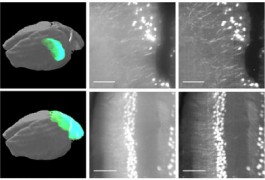
A new microscopy technique allows researchers to take high-resolution three-dimensional images of intact mouse brains.
Two well-known mouse models of autism show abnormal reactions to an eye-blinking test that relies on the cerebellum, a brain region that helps integrate sensory information and plan movements. The unpublished results were presented in a poster Monday at the 2012 Society for Neuroscience annual meeting in New Orleans.
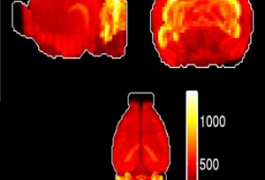
An analysis of the expression patterns of 26 autism candidate genes identifies 4 whose expression coincides in a part of the cerebellum, according to research presented at the 2012 Society for Neuroscience annual meeting in New Orleans.
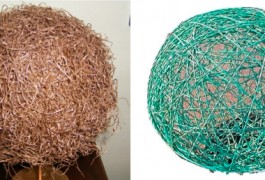
Children with autism recruit different brain regions than controls do when estimating how much time has gone by, according to unpublished research presented Monday at the 2012 Society for Neuroscience annual meeting in New Orleans.
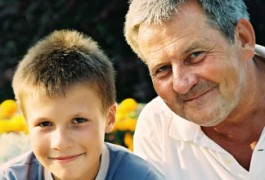
The sperm of old mice has an unusual epigenome, the profile of chemical modifications to the underlying DNA code, according to a poster presented Saturday at the 2012 Society for Neuroscience annual meeting in New Orleans. The findings suggest an explanation for the so-called paternal age effect in autism.
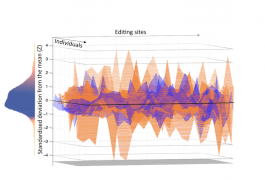
RNA editing, which creates multiple forms of a protein, is common among proteins involved in neuronal signaling, and may be abnormal in people with autism, according to a study published 7 August in Molecular Psychiatry.
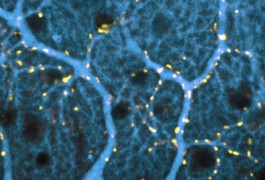
Mice that lack the autism-linked gene neuroligin-3 show similar deficits in neuronal connections to those seen in fragile X syndrome, an inherited form of mental retardation, according to research published 13 September in Science. Restoring the gene in adolescent mice reverses the problem, suggesting a potential pathway for treatment.

Researchers have homed in on the brain region thought to be responsible for the autism-like symptoms that can accompany Dravet syndrome, a rare epilepsy disorder, according to research published Wednesday in Nature.
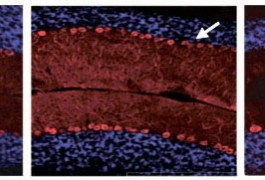
Losing one or both copies of TSC1, one of the two genes responsible for tuberous sclerosis complex, in specific cells of the cerebellum can trigger several autism-like behaviors in mice, according to research published 1 July in Nature.